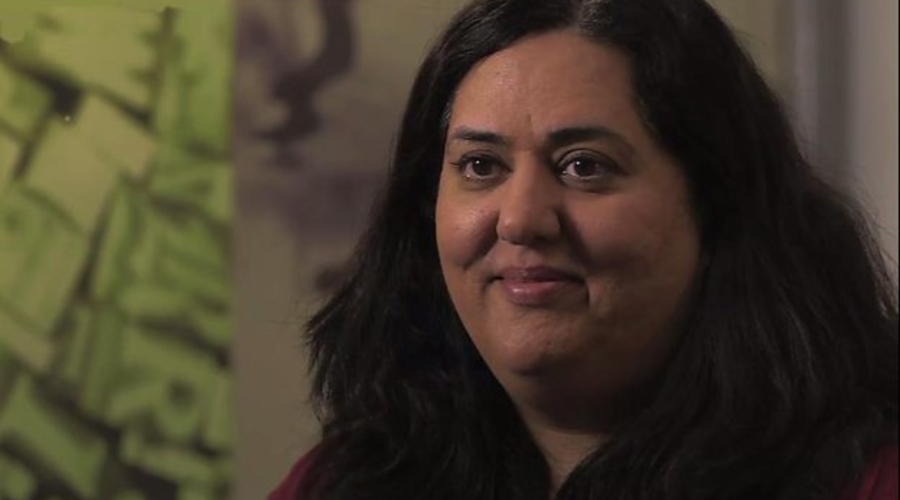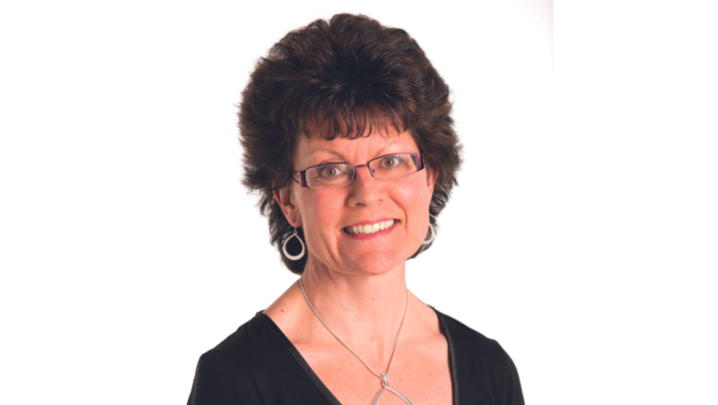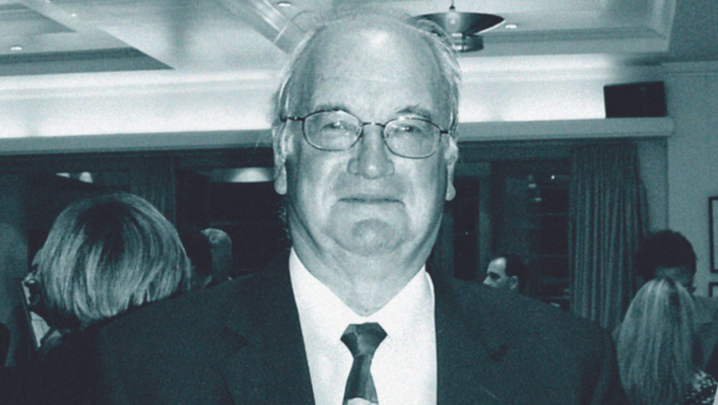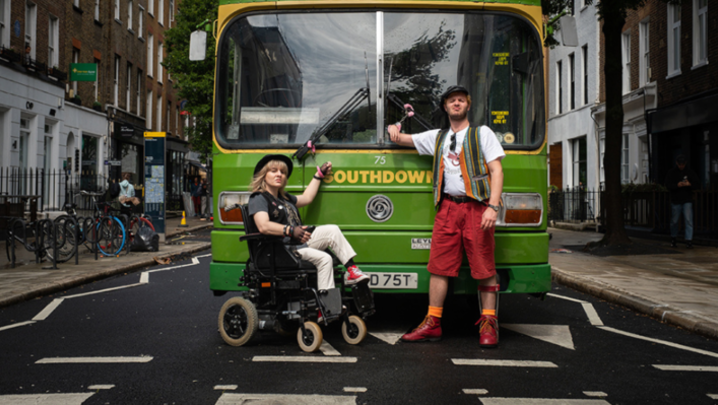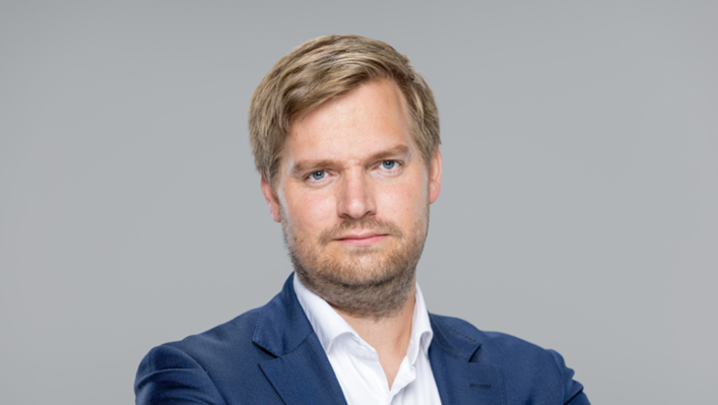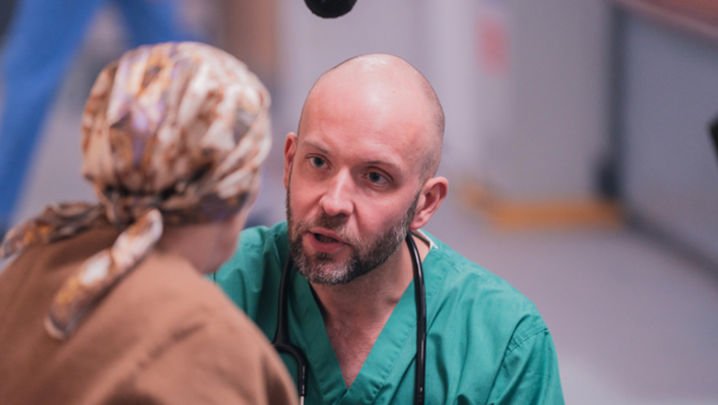Fatima Salaria gets close to the royals and attends a Channel 4 diversity debate
Start the week in a panic about what to wear to the screening of George III – The Genius of the Mad King at Buckingham Palace. I know, I know, I shouldn’t really be worried about this; typical female angst.
Protocol dictates a trouser suit or a skirt. For someone who lives in her trainers and jeans, this is a sartorial challenge.
As the daughter of Pakistani immigrants, who grew up in Stoke-on-Trent, the closest I ever imagined I’d get to the royals was my copycat Lady Di hairstyle.
So, just walking through the gates gives me a kick and the nerve to hold my own with the double-barrelled history bigwigs inside.
Ditch the heels for my trusty trainers, a rush through St James’s Park to catch a bus to Holborn for a first viewing of an upcoming Who Do You Think You Are?.
The show really moved me and made me think about my strained relationship with my Dad, who arrived in Britain in the early 1950s as a labourer from Sialkot.
He never really talked about his early life and how the Partition of India in 1947 affected him and my grandparents.
I was ignorant of the struggle my parents went through back then, which is why I was so passionate about commissioning a series on the Partition for the 70th anniversary, this August.
Checking emails on the train back, I find that I’ve been invited to a meeting with Harun Khan, the President of the Muslim Council of Britain. Harun was one of our consultants on Muslims Like Us, which I commissioned last year.
He told me he faced criticism from some of his members for helping us but felt that the programme was spot on and worth defending.
One of the things I have agreed to help him with is training young Muslim women to become film-makers. But what really impressed me was how he was trying to develop Muslim women to be spokespeople for the community. Couldn’t come sooner.
On Wednesday, I’m part of a Channel 4 Diverse Festival panel. I have five minutes to reveal what we have learned in the past year and our ambitions for the future.
As Zai Bennett, Ralph Lee and others cover targets, social inclusion and audience need, I just stand up and give them my story: how a young kid who loved watching Crossroads,
It’s a Knockout and Charlie’s Angels, and enjoyed writing and finding out about people’s lives, found her way into the BBC.
I had many happy years working as a director and series producer, but must admit that I was beginning to feel overlooked.
Then the BBC Assistant Commissioner Scheme gave me my breakthrough. Now, I am able to commission shows that I hope will inspire my children’s generation, such as Black and British: a Forgotten History.
And I am delighted that the scheme is continuing for at least the next two years.
In the evening, there’s a leaving party for Maxine Watson, a friend and colleague from the days of BBC Two’s Black Britain, a late-1990s programme that nurtured a lot of black talent, including Gillian Joseph, Eddie Botsio, Kurt Barling and the brilliant Simone Pennant, a really clever development producer who also runs the TV Collective, which promotes diversity in television, so skilfully.
Finally, I was grateful to the Church of England for welcoming my appointment, despite some in the media implying that I am sympathetic to extremism just because I am a Muslim.
I worry for the hacks now viewing every old edition of An Island Parish, trying to find jihadis on Shetland or Anguilla.
Fatima Salaria is commissioning editor for religion and ethics at the BBC.

